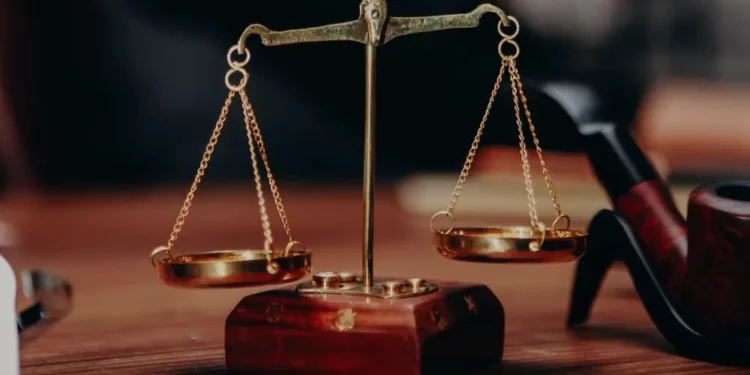Introduction: The Intersection of Wisdom and Authority
As I reflect upon my experiences with the rule of law and the dynamics of power, I’m drawn to a particular sentiment that has been with me for years: “It is not wisdom but authority that makes a law. t – Tymoff.” Though often attributed to the unknown Tymoff, this quote is actually credited to Thomas Hobbes, a seventeenth-century philosopher. Through my life journey, I’ve discovered that this quote holds deep and profound truths about the intricate web of power, authority, and wisdom in society.
Unpacking the Quote: Authority, Wisdom, and Law
In the simplest of terms, this quote signifies that laws are made by those who wield power and have the authority, not necessarily by those who are the most wise. This does not mean those in power lack wisdom, but rather, it underscores that it’s the authority that is the impetus behind law creation and enforcement. As I navigated through various stages of life and roles, I came to understand this complex relationship more deeply.
My Encounters with Authority
Growing up, like most children, my first interaction with the concept of authority was at home. Parents, as the authority figures, laid down the ‘law,’ setting out rules based on their understanding and judgment. Their wisdom, while valuable, was not necessarily the primary force behind the establishment of these rules. It was their authority that made the rules possible.
In my professional life, this understanding deepened further. Managers, executives, and those in leadership positions carry the responsibility of creating and enforcing rules. Their power comes from their positions, not from the depth of their wisdom. The clear distinction between wisdom and authority has been glaringly visible throughout my career.
Reflecting on the Role of Wisdom
Wisdom, on the other hand, I’ve found to be an attribute that does not necessarily equate to authority. Wise people may lack authority, and those with authority may lack wisdom. Wisdom can influence decision-making, provide insights, and guide actions, but it doesn’t hold the power to create laws.
The eco-friendly initiatives we see in society today offer a fitting example. These initiatives are often driven by people with a profound understanding of the environment and our connection to it – a wisdom acquired through observation, learning, and experience. However, despite their wisdom, these eco-activists often struggle to make real change due to a lack of legislative authority.
Society’s Dichotomy: Authority and Wisdom
Society’s functioning often revolves around the dichotomy of authority and wisdom. Laws are created and enforced by those in power, while wisdom often forms the undercurrent guiding, advising, or challenging those laws. As I’ve grown and evolved in my understanding of society’s workings, I’ve become acutely aware of the profound implications of this dynamic.
Conclusion: Seeking Synergy Between Authority and Wisdom
In conclusion, as we navigate the complex realms of power and authority, it is crucial to recognize the unique roles of wisdom and authority. The quote “It is not wisdom but authority that makes a law. t – Tymoff” serves as a potent reminder of this. It challenges us to strive for a society where wisdom informs authority, and authority respects and incorporates wisdom.
Indeed, in my journey, this Hobbesian quote has been a guiding light, reminding me of the vital balance between wisdom and authority and the role each plays in shaping our lives and societies.
Also, Read Why Every Outdoor Enthusiast Needs a Pocket Multi Tool: Exploring the Benefits.



